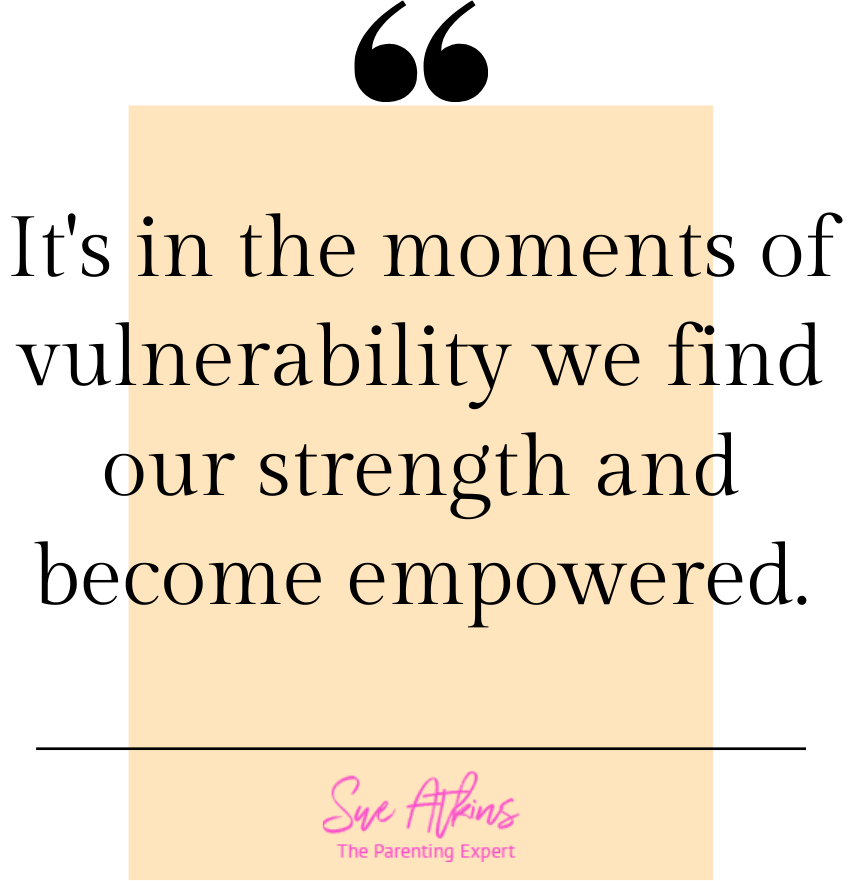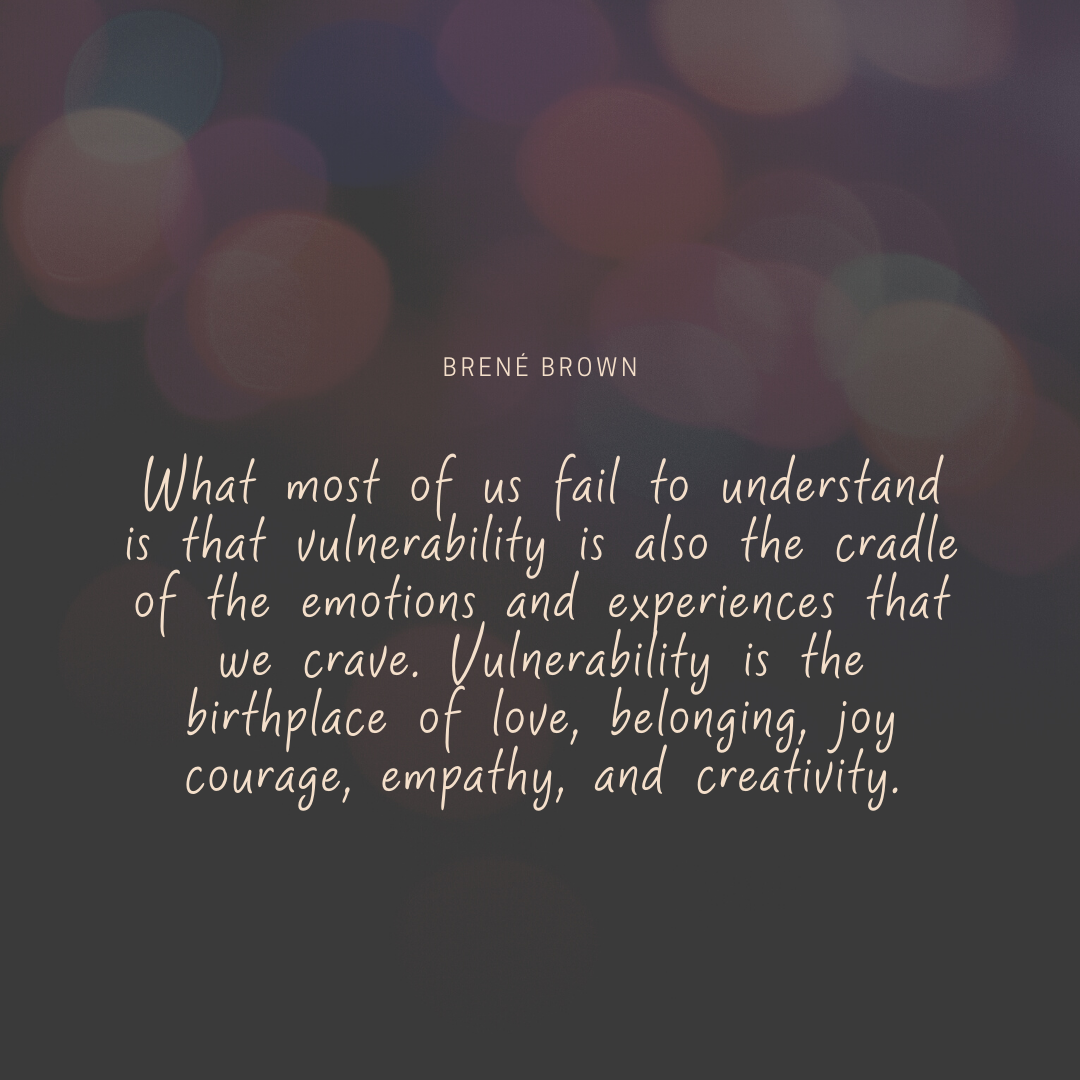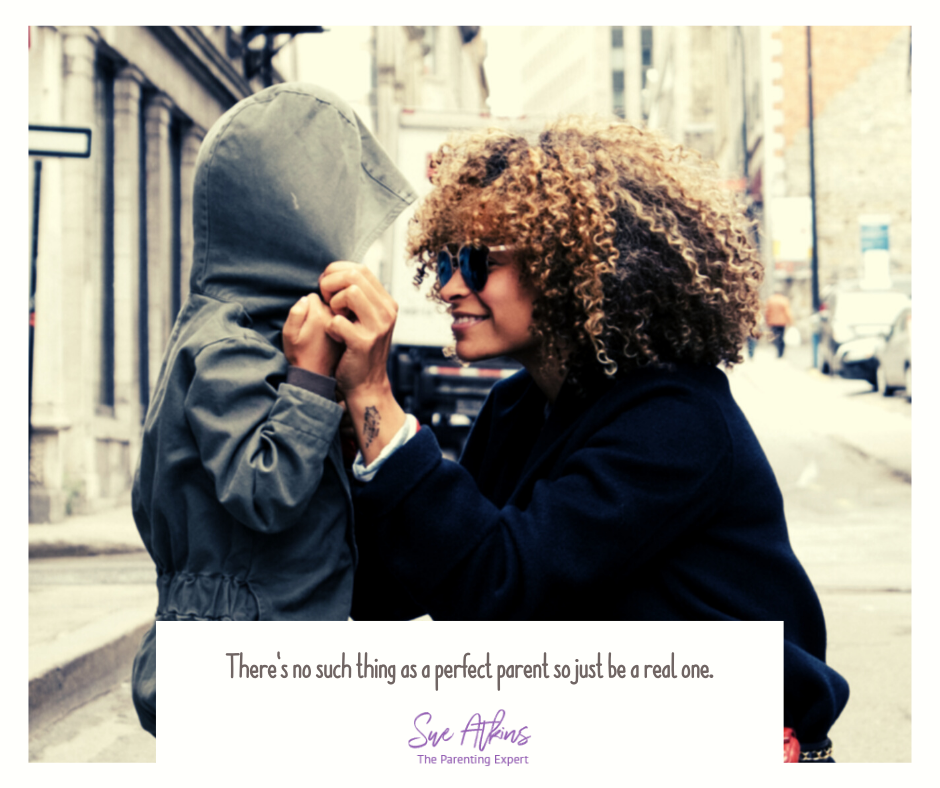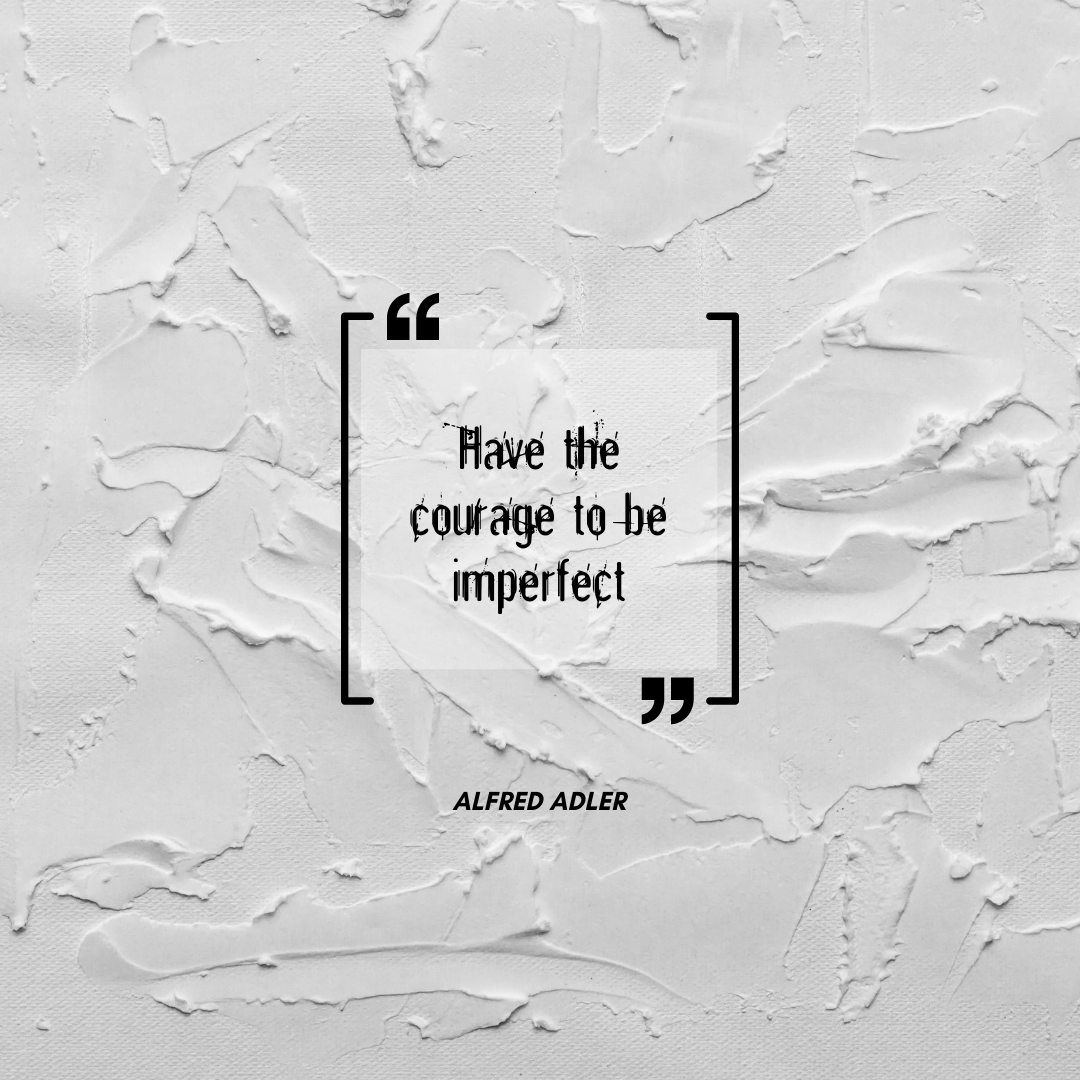The Power of Vulnerability While Parenting in A Pandemic
I am part of a Group called The Adler Café as I study the psychology of Alfred Adler as part of my continued professional development and we meet up monthly through Zoom since lockdown.
Alfred Adler was an Austrian physician and psychiatrist who is best-known for forming the school of thought known as Individual Psychology and was considered the first community psychologist. He was decades ahead of his time and his approach is rooted in social welfare, social justice, equality and the importance of education.
We were exploring vulnerability, empathy and strength yesterday which has been on my mind as we all come to terms with the long haul of parenting in a pandemic.
I’ve been pondering resilience, wellbeing, fragility, bravery and the courage to ask for help, as I think about ways to help and support families, parents, children and new mums as well as parents going through divorce and separation during this time of huge uncertainty.
The first person that came into my mind as we were discussing what it means to be vulnerable and the different types of vulnerability was Brené Brown. Brené Brown is an American professor, lecturer, author, and podcast host and her TED talk ‘The Power of Vulnerability’ has been viewed over 50 million times as she explores courage, vulnerability, shame and empathy.
I am very aware of who I show my vulnerability to as I only feel comfortable with my family and a few close friends I suppose, but I decided to learn, to grow and to be fully present so I decided to jump into the activity we were asked to do whole heartedly, as coming out of my comfort zone is where the growth and learning is.
It was very moving and humbling to be part of our small group exposing our stories to each other.
We broke into groups and shared a story of when we felt vulnerable. Then our partner told our story to the rest of the group when we came back together.
It was very powerful to feel heard and listened to free from judgement.
I felt an enormous sense of protectiveness & empathy as I listened and watched the faces of the others having their story told.
- I connected to their pain, bravery, courage and trust.
- I also celebrated their strengths and resilience.
- I felt a huge connection to our group willing to open up and be vulnerable.
- I recognized my own strength in being vulnerable with others too in a safe place.
What Vulnerability is and Why it’s Good For Us
In her book, Daring Greatly Brené Brown describes vulnerability as “uncertainty, risk, and emotional exposure.” It’s that unstable feeling we get when we step out of our comfort zone or do something that forces us to release control. Brene’s book debunks some myths about vulnerability, the most popular being that vulnerability is a sign of weakness.
When we think of times that we have felt vulnerable or emotionally exposed, we are actually recalling times of great courage. These may be huge life events, like deciding to put an elderly parent into a nursing home, or deciding it’s OK to open up to a new lover in a relationship, or to decide to tell your story about a miscarriage and how you felt afterwards to a friend but it’s just as present in those small moments of fear that pop up when we share our feelings with another person or ask for forgiveness.
So, while going to that new Pilates class or mother and toddler group online may feel uncomfortable, you’re also opening yourself up to the opportunity to make new friends and learn a new, healthy habit – which is courageous and brave. But if you run away from your feelings of vulnerability, you’re just reinforcing the voice in your head that says 'I’m not good enough.'
What We Do To Avoid Vulnerability
These feelings of insecurity are present in all of us, and sometimes it’s so strong that we often go out of our way to avoid situations that might make us feel fragile, exposed or vulnerable to another person. In Brené’s talk she describes the ways we try to avoid the wobbly feelings of vulnerability. We emotionally 'armor up' each morning when we face the day to avoid feeling shame, anxiety, uncertainty, and fear.
Yet this can block us off from experiencing life in all its color and vibrancy.
It can block us off from real, authentic connect with another.
Getting Comfortable With Vulnerability
We all need each other more than ever at this challenging time of a pandemic.
It’s OK not be OK all the time.
It’s OK to feel angry, frightened, uncertain and a bit lost.
These are different and difficult times and we all feel vulnerable so it’s important to begin to recognize those fragile moments of vulnerability and work with them.
Mindfulness is a good place to start. Adopting a practice of openness and awareness of your environment as well as your own thoughts, feelings, and triggers will help you recognize when you’re disengaging because you’re afraid.
Developing an ‘Attitude of Gratitude’ also helps – not a happy, clappy, Pollyanna false positivity but an authentic, genuine, pause to ponder moment of sincere gratitude for your home, your family, your children, your central heating, the birds outside in the garden, the food on the table and the kindness of strangers.
Here are some things to keep in mind as you practice "daring greatly" in your own life:
After you become aware of being more open it will become clearer about what changes you might like to make in your life. In 'Daring Greatly' Brené describes this attentiveness as 'paying attention' to the space between where we’re actually are and where we want to be.
- Be gentle and kind to yourself.
- Recognize that being more vulnerable takes enormous courage. Take small steps and be proud of your bravery when you do.
- Let go of the constant worry about what other people think of you. Most people are too busy worrying about themselves to be honest than to be focused on you.
- If you feel overwhelmed – focus your attention gently on your breath, imagine your feet are the roots of a tree and are deep down in the earth – grounding your emotions and the sensations in your body before returning your attention back to the present and the task at hand.
- Don’t worry about being perfect-in fact, don’t even consider it. No one is perfect, and the more you hold yourself to an impossible ideal, the more easily you will give up.
5 Life-Altering Lessons from Brené Brown’s TED Talk The Power of Vulnerability
1. Don’t bottle up your emotions, become self-aware:
Most of us were taught to hide or suppress our emotions or even run away from them. However, this causes nothing but continuous pain and stress and can manifest itself in destructive, unhealthy habits like drinking, smoking or eating too much. The consequences are far-reaching and the longer we keep those emotions bottled up or suppressed the worse the situation gets.
Instead, Brené says we need to become more self-aware and explore our emotions, asking questions to get in touch with how we’re feeling and thinking in a given moment.
Find a method for coaxing out these feelings which works best for you such as writing, meditation, or talking to a good friend.
Then you are in a better place to model & support healthy vulnerability and openness for your children, particularly your boys.
2. Vulnerability takes courage:
Most western cultures err on the side of suppressed feelings in an effort to display strength ( with the USA Elections swirling around me at the moment, Trump comes to mind) However, as Brené Brown demonstrates in her important research, vulnerability is anything but weakness. In fact, it takes true strength and courage to allow yourself to be vulnerable.
The amazing part about opening up, are the gifts we unlock by being willing to be vulnerable, and the depth of connection we can feel with another when we do. By having the courage to be vulnerable and open up to ourselves and the world around us, we come directly in touch with our most authentic self and, in doing so, we can live a much more fulfilling and happier life.
3. Show up, face fear, and move forward:
In everything that we do, fear and criticism will always be there swirling around us and social media can be cruel. So, be mindful of who, where & when you choose to open up to your vulnerability.
4. Seek excellence, not perfection:
As a recovering perfectionist myself, I found Brené Brown’s words helpful, the belief that if we live perfectly, look perfectly and act perfectly, we can avoid the pain of blame, judgment and shame. We can’t but we can life colourfully, joyously, authentically and fully – we can ‘feel the fear and do it anyway’ as Susan Jeffers wrote in her bestselling book.
Perfectionism isn’t about growth, improvement, or personal achievement, it’s about fear and avoidance. Therefore, what we should really be focused on is realizing excellence, the best version of ourselves despite our flaws. This perspective is healthy and leads to real personal growth as opposed to beating ourselves up around some unachievable idea of perfectionism.
5. Dare to be yourself:
The final and perhaps most important lesson of all is that you must dare to be yourself– whatever it takes – as that is the path to true happiness, wellbeing and fulfilment.
The forces of fear, vulnerability, insecurity, and doubt don’t always go away no matter how hard you try to avoid, hide from, or attempt to bury them. Instead, face them with courage and confidence in your authentic self and know that you’ve been given the gifts necessary to overcome whatever is in front of you – you have many, many strengths.
Coming back full circle to Adler!
About The Author
The Parenting Expert for Disney Family UK, Sue Atkins is an internationally recognized broadcaster, speaker and author of multiple best selling books, including; Parenting Made Easy: How To Raise Happy Children, Raising Happy Children for Dummies and The Can Do Kid’s Journal. Discover your Confidence Superpower!
A popular and highly respected media commentator, Sue regularly appears on the award winning flagship ITV show 'This Morning', 'Sky News', 'The Jeremy Vine Show' and BBC Radio.
You can connect with Sue online via her website or via LinkedIn, Twitter, YouTube, Instagram and Pinterest.







New! Comments
Have your say about what you just read! Leave me a comment in the box below.